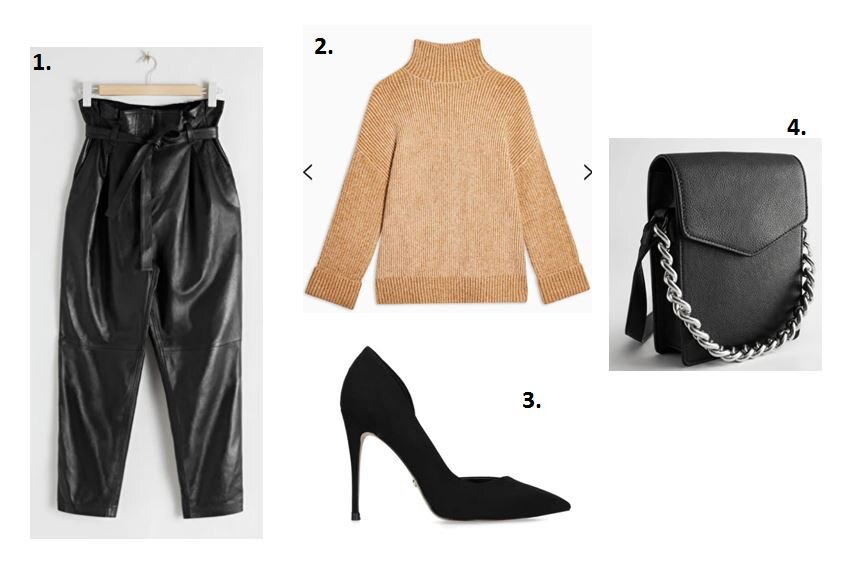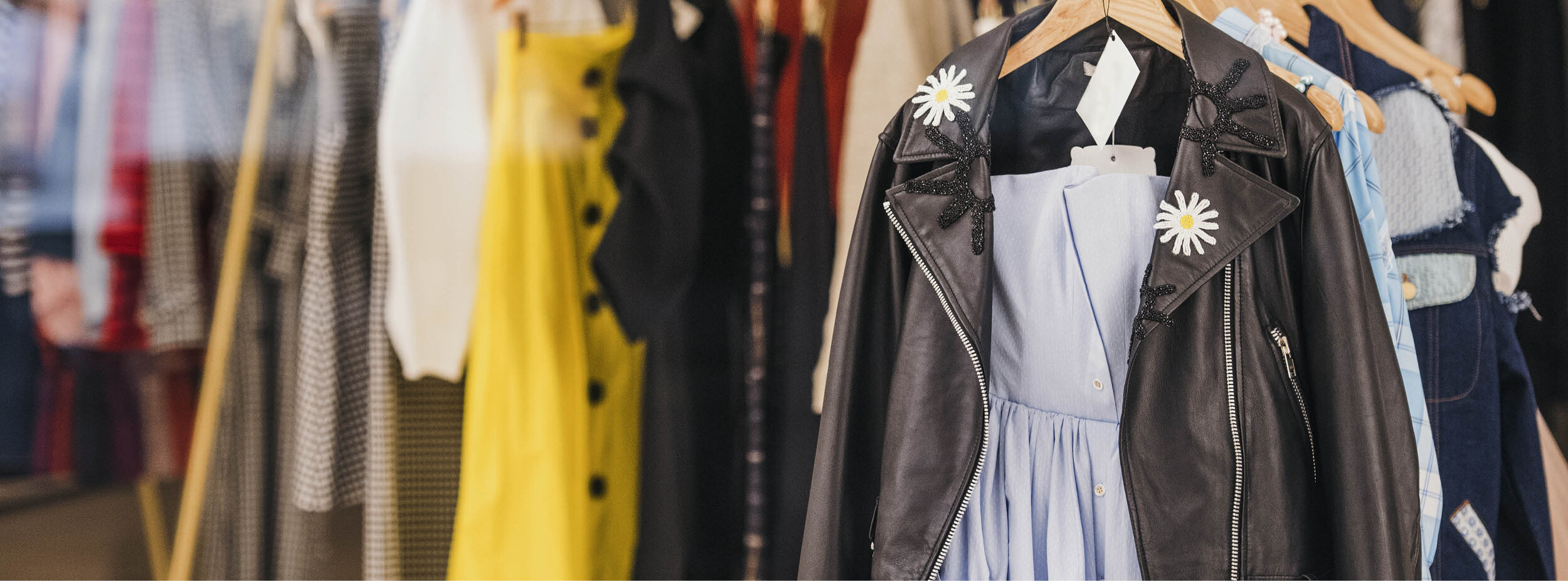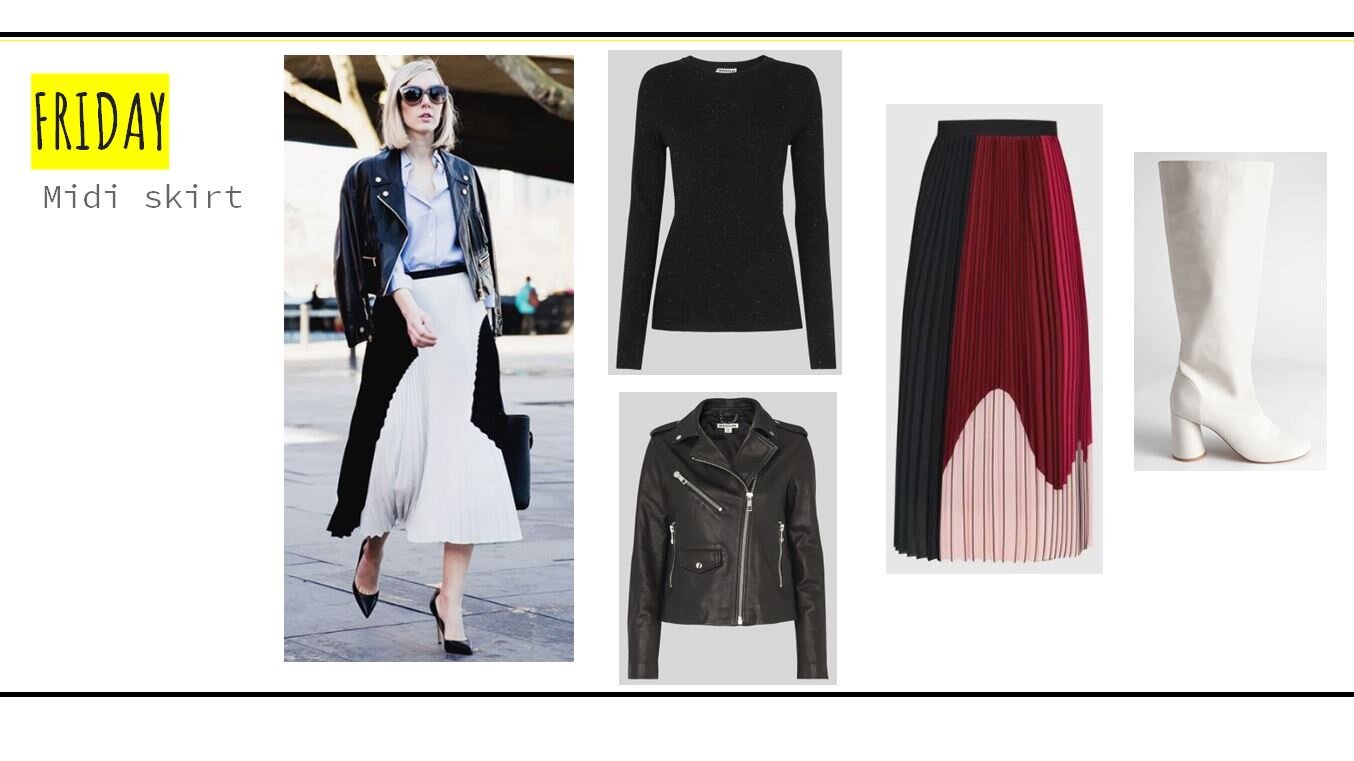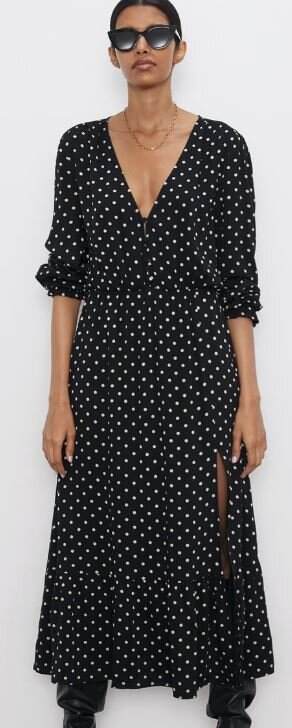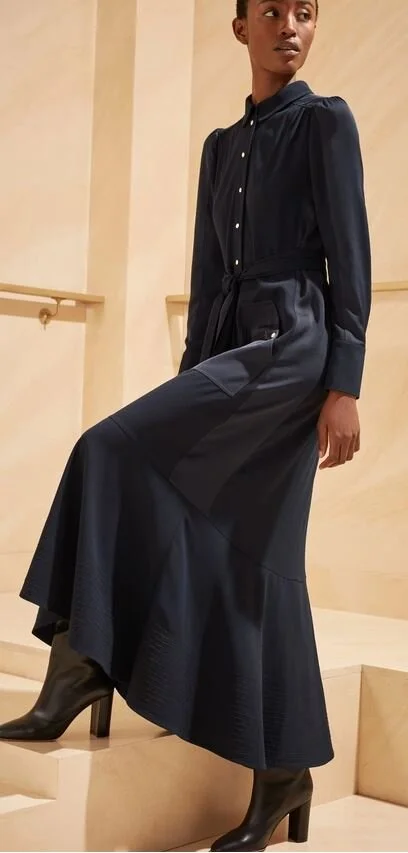Every client that I work with is different, some work full time, some work part-time, some work from home, some own their own businesses, some don’t work at all. What’s become more apparent over the past couple of seasons is that dressing for work is becoming more and more difficult. With many offices changing their strict approach to dress codes, work uniforms no longer feature the mandatory pencil skirt and shirt combo.
Here's what I know from working with women who work in many different sectors across the business world. From banking to accounting, to marketing, to PR, to lawyers and retail heads, women on the board and women who work part-time in office environments; the workwear uniform is becoming more fluid. It's less about boring black suits and more about how to bring yourself to work. Individual style can come through at work as the evolution of workwear styling has begun. It is important to dress in way that makes you feel professional, comfortable and self-assured but this should not be to the detriment of your personality.
So what do you wear to the office in 2019?
The current trend for office attire being more relaxed means that normal go-to outfits now no longer feel right to wear, or feel upto date. However, that doesn't mean people don't want to have a uniform of sorts in their wardrobes. Ultimately, you want your work clothes to be versatile, comfortable and smart enough for the job you're doing. This sometimes means dressing for the job you want. A recent client wanted to ‘upgrade’ her work wardrobe to prepare herself for a promotion that she wanted at work. This meant reviewing her style, looking at new places shop and giving her a wardrobe with ready made super stylish outfits so she could show she meant business.
People have always been confused by ‘dress down Friday’, but what if this becomes your everyday, how do you define your work wardrobe should be?
One of my clients mainly works from home, goes into the office once a week, but takes daily skype calls with the US, she said "I want something casual yet dressed enough that I feel productive and professional and can get on a Skype call without having to get changed."
There is a strong need for work clothes to work harder and to be as versatile as possible. Some clients want their weekend wardrobe to transcend into work wear and vice versa now that they have the flexibility to wear more casual outfits. But this can sometimes be confusing when getting dressed in the morning, so I try and approach your working wardrobe has having some definition that differs from your weekend one.
There is still an overall tendency for some to look smart when required, this can depend if they have a major pitch, or meeting or are visiting a client. Clearly now, a smart-casual approach to shopping for work clothes is key.
I found what clients currently struggle with at the moment is shoes for the office, one client said "I find shoes the most difficult thing to buy. I need a block heel for walking and still look good in the office. Anything else is impractical for travelling and needs to stay put on my foot easily when walking. Finding ones I like with the right kind of heel is a bit of a nightmare."





